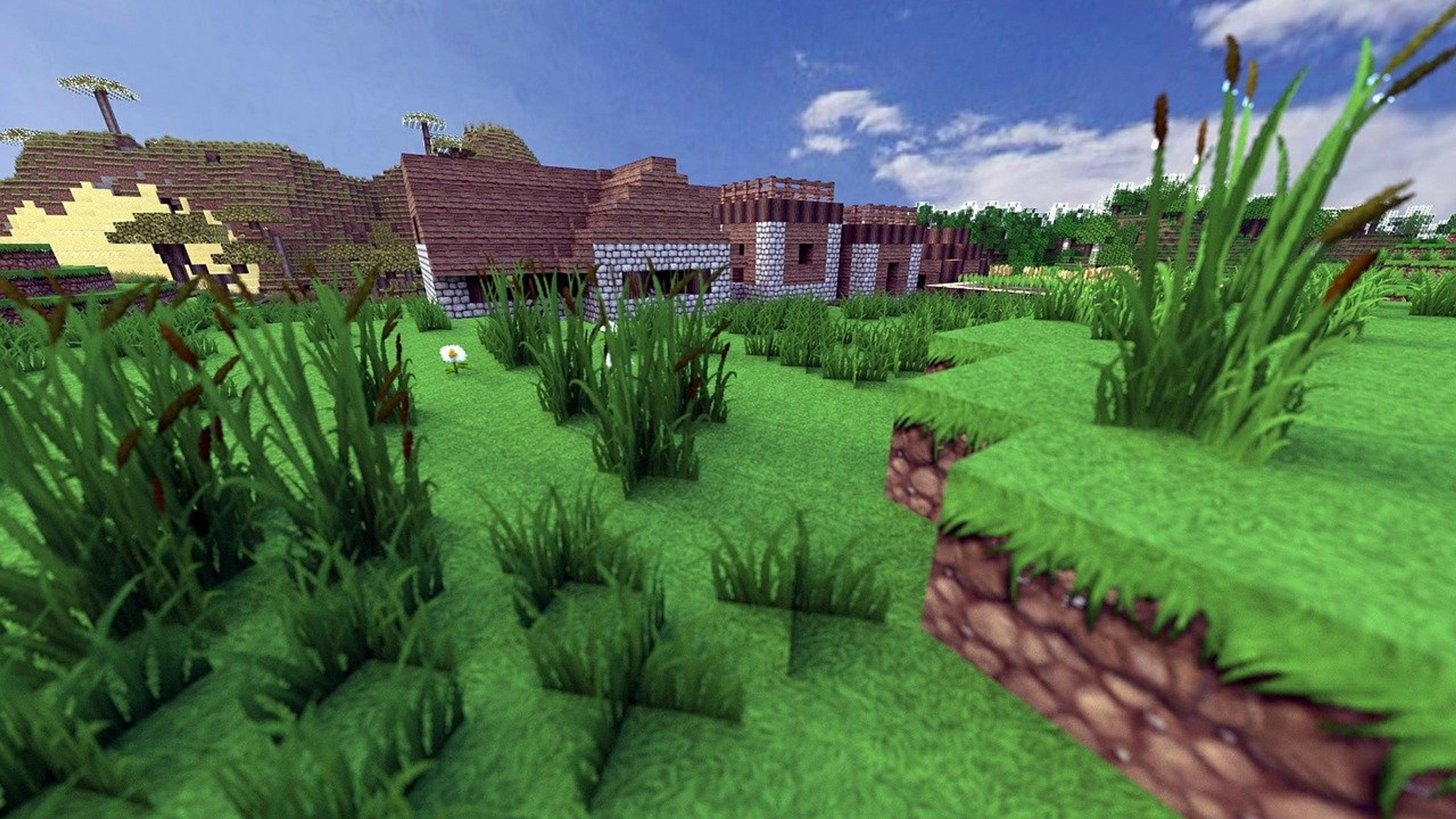What Video Game System Designers do:
From how NPCs interact with the world and the playable character’s hair grows the more time passes in-game, to levelling up and scoring systems, these are the mechanics Game System Designers work out.
They design these technical elements with the right software to make sure the game is a complex and enjoyable experience. This could involve coding, AI inclusion, and running simulations to ensure scenarios in-game aren’t too repetitive or predictable for gamers.
It would be boring if you could figure out how to beat a game the moment you start, but equally frustrating if the game was unbeatable. Game System Designers work towards striking the perfect balance for gamers, depending on the genre of course.
What Video Game System Designers are good at:
Researching and creating custom software needed for gaming mechanics.
Analysing data from testing systems.
Working as a team through overseeing testing with QA testers and collaborating with game developers to implement changes.
Understanding core mechanics like player progression systems and game play loops to create better gaming experience.
Working with 3D animation, illustration and programming languages.
Showing great people and communication skills.
Solving problems as they come.
How to become a Video Game System Designer:
You can study through A-levels or Highers or Level 3 vocational qualifications in relevant subjects like Graphic Design, Game Design, or Maths.
Most Game System Designers do have a degree in Game Programming, Game Design, Coding, Computer Science, or similar subjects as the experience may be preferred. However, you can start your career through work experience or an apprenticeship in a junior role.
Whatever you choose, it’s essential to have a portfolio, including completed or prototype game projects, written game design documents or proposals.
“Excel is crucial. Learn to use formulas and cross-reference data and you will have a very powerful tool for all your systemic adventures. Of course, Maths is welcomed. Particularly economics and statistics. It’s one of the things I regret the most: I abandoned maths as soon as I thought I wouldn’t be needing it. And I was wrong.
And some basic coding/scripting knowledge is very valuable. I’m not a programmer, but the more scripting I learn, the more I understand what I’m actually asking my colleagues when I pitch a new system to them. Beyond all of this, make sure to dive deep into games (video, board, mobile, free or paid): play a lot, prototype a lot, analyse everything.”
Álvaro E. Arias, Game System Designer, Studio Gobo (for intogames.org)
How much you could earn:
The national average salary for a Game Systems Designer is £30,000 in the UK.
Entry level positions start at £21,000 per year while most experienced workers earn from £45,000 per year to more than £60,000. (Source: Glassdoor)
